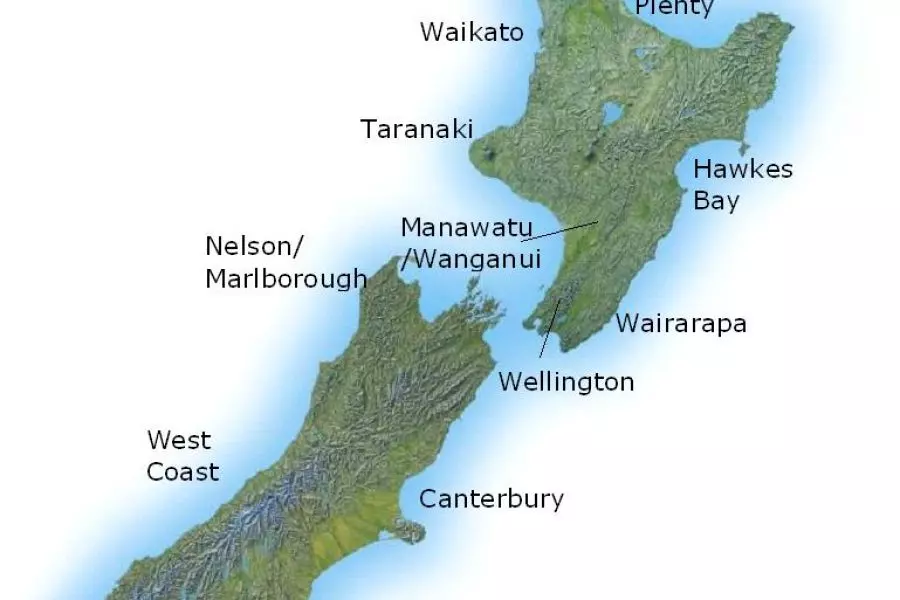
News
Residential market confidence remains elevated

Tuesday 24th of August 2021
Confidence prices will lift remained at elevated levels in the second quarter of this year, results from Colliers International’s latest residential property market outlook survey shows.
While down from the record high net positive score of 72.8% in March, the June quarter’s rating of 62.5% is significantly ahead of the long-term average of 35.2%.
Results of surveys...
Want to read the full article?
Click the button below to subscribe and will have unlimited access to full article and all other articles on the site.





![[The Wrap] Bye Bye Bayly](https://goodreturns.publit.io/file/c_fill,w_900,h_600/39f23ac1-f7c7-4854-b700-a150004ebbac.webp)


